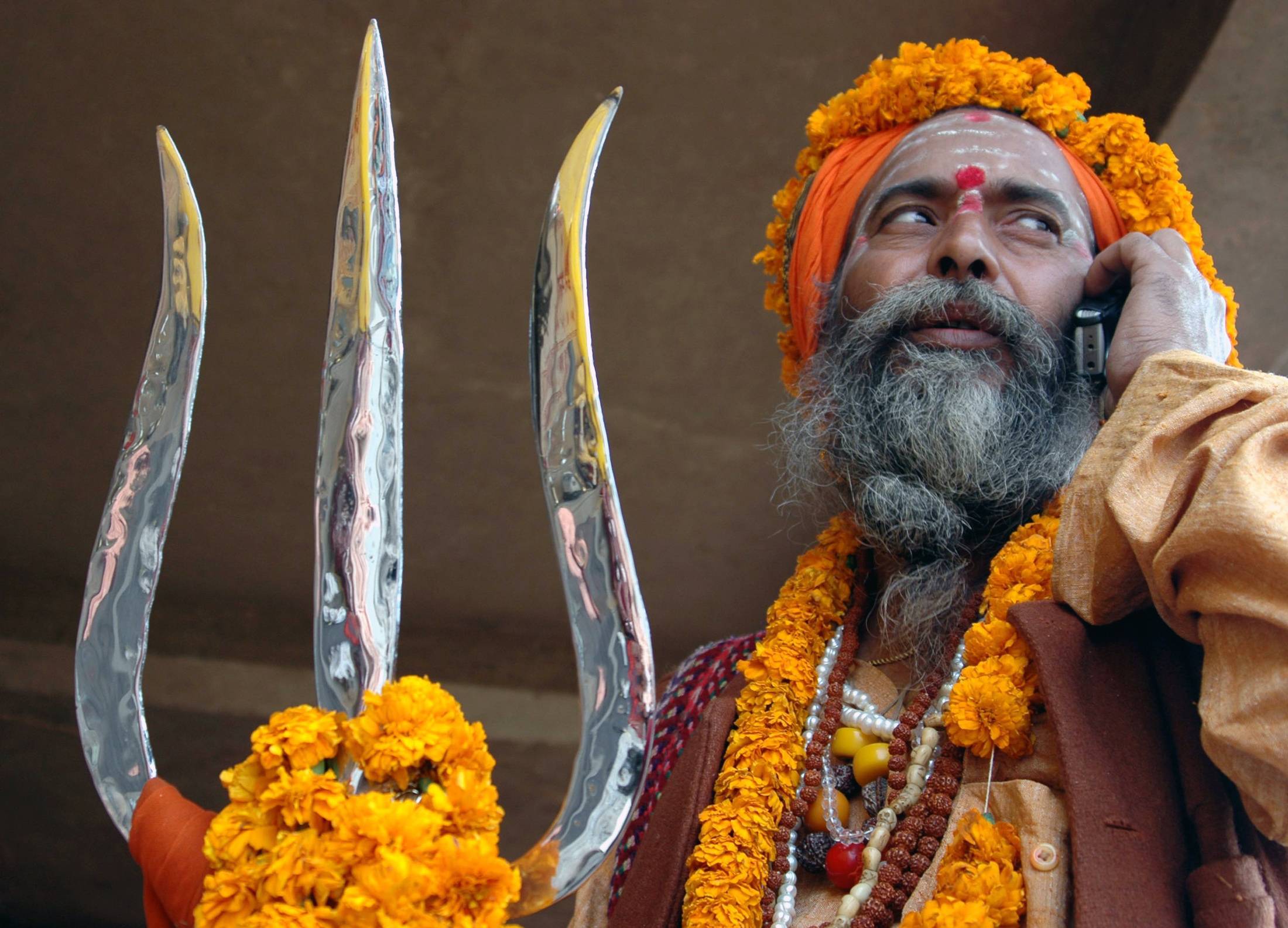It is rare for a public-opinion survey to shake established perceptions of a country in the way a recent Pew Research Center study of religion in India has done. The revelations in Pew’s comprehensive survey, based on interviews with 30,000 adults in 17 languages between late 2019 and early 2020, have astonished many.
In particular, this nationwide, multifaith study finds that Indians value both religious tolerance and coexistence on the one hand and religious exclusivity and segregation on the other. But this apparent contradiction is in fact not entirely surprising.
For over 25 years — notably in my 1997 book "India: From Midnight to the Millennium and Beyond" — I have argued that India is not a melting pot like the United States. Rather, it is a thali — a collection of different dishes in separate bowls that don’t necessarily flow into one another, but nonetheless combine satisfyingly on your palate. Pew’s study, titled “Religion in India: Tolerance and Segregation,” appears to confirm my hypothesis.

















With your current subscription plan you can comment on stories. However, before writing your first comment, please create a display name in the Profile section of your subscriber account page.